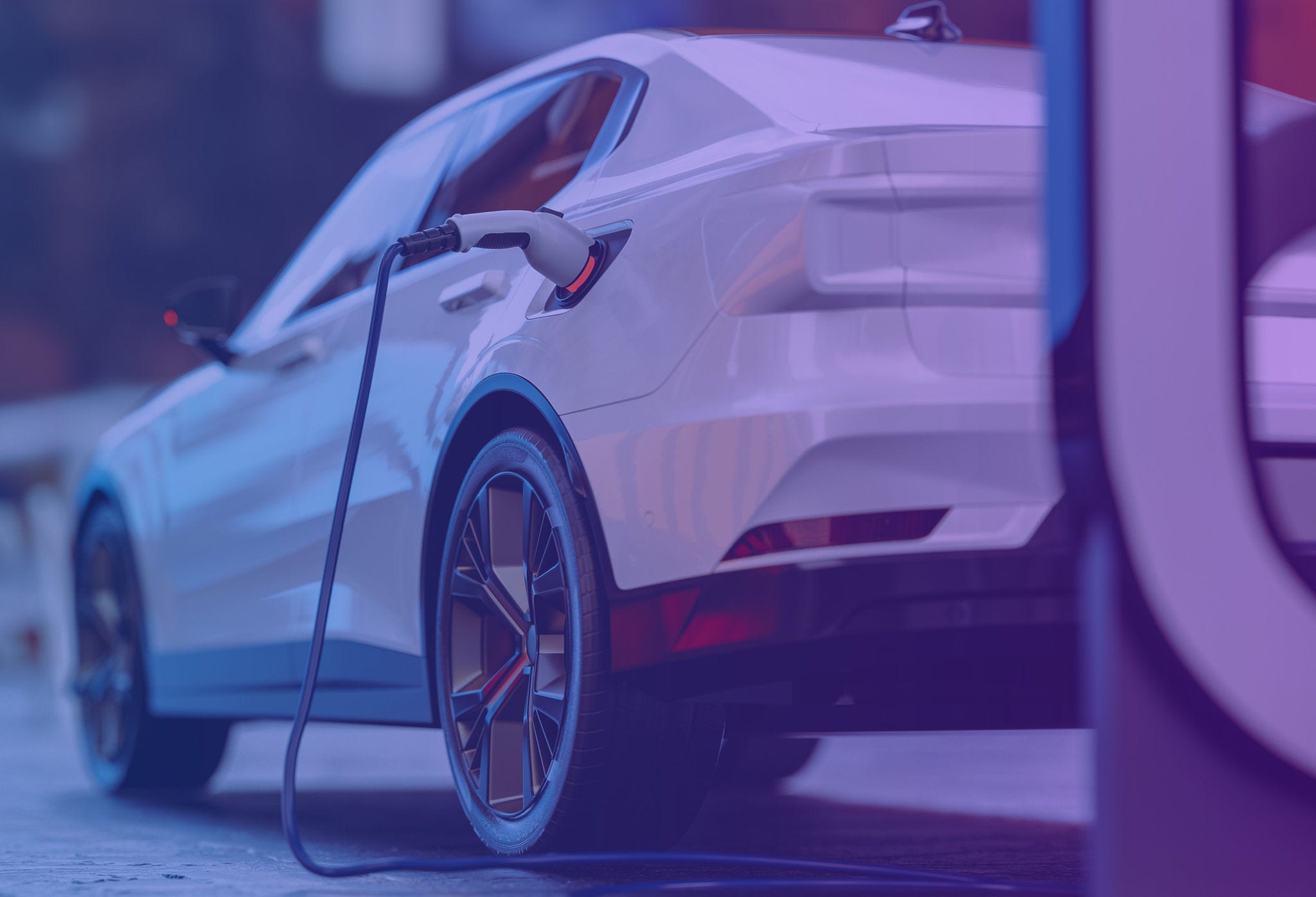Semiconductors serve as the cornerstone of new-age innovation, playing a critical role in advanced technology manufacturing. In the case of electric vehicles (EVs), semiconductors are indispensable across key stages of development—from power conversion, battery management and high-speed charging infrastructure to infotainment, connectivity and safety systems.
For an emerging economy like India, which is outpacing growth prospects of all other major nations, balancing long-term climate goals is both crucial and complex, with the EV ecosystem being a key piece in the sustainability puzzle. A comprehensive EV landscape can not only enable India to meet domestic demands but also help in establishing itself as a major global player, catering to the diverse needs of other economies. In this context, the government is targeting to achieve 30 per cent EV sales penetration for private cars, 70 per cent for commercial vehicles and 80 per cent for two and three wheelers.1 Further, considering high growth prospects and positive market sentiments, India’s EV market is expected to grow at a CAGR of 49 per cent by 2030.2



